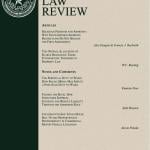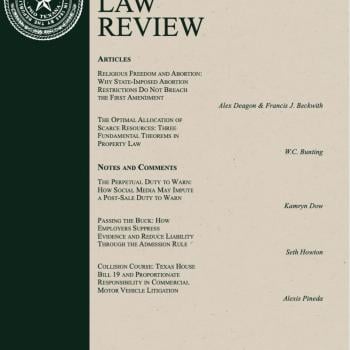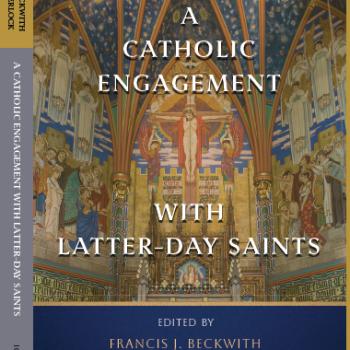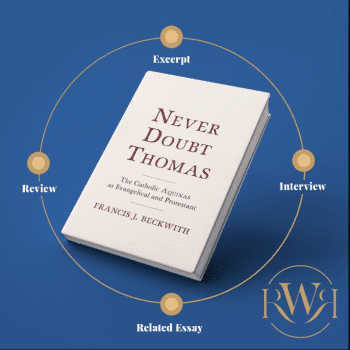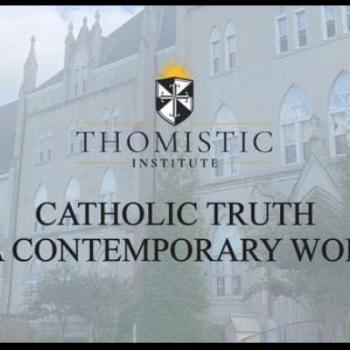I am happy to report that I just published in World Magazine a review of the book, Believe: Why Everyone Should be Religious (Zondervan 2025), authored by the New York Times columnist, Ross Douthat. Here’s how the review begins:
In 1952, a well-known public intellectual named C.S. Lewis published Mere Christianity, a small and accessible book in which he made a case for the Christian faith in response to a particular set of objections that were becoming increasingly prevalent in the United Kingdom and continental Europe after the Second World War. Although an Anglican, Lewis’ project was not to draw converts to his church (though he would, of course, welcome them), but to offer an intellectually compelling account of what he believed are the central tenets of the Christian faith held in common by Catholics, Protestants, and Orthodox.
Seventy-three years later, another well-known public intellectual, Ross Douthat, has published his own small and accessible book in response to a particular set of reasons for unbelief that find their salience among those who dominate the elite culture of this present age. In Believe: Why Everyone Should Be Religious (Zondervan, 240 pp.), the New York Times columnist offers a more capacious defense of the reasonableness of religious belief than did Lewis in his original volume. Although a Catholic Christian, Douthat’s project is not to draw converts to Rome or even to Christianity (though he would, of course, welcome them), but to offer an intellectually compelling account of the philosophical, experiential, and historical credentials of the worldview and attitude shared by the world’s leading religious bodies. For Douthat, although certain forms of religion are closer to the fullness of truth (Christianity) than others, he argues that it is better for someone to embrace and practice an imperfect religion than to reject religion in toto. Better to be an observant Muslim or Buddhist than a disciple of nihilism.
Some Christians will bristle at this approach, thinking Douthat is suggesting a kind of sloppy interreligious ecumenism that dilutes the urgency of the gospel message. But that’s not a fair reading of Douthat, who is writing for a particular audience: educated, secular skeptics with virtually no acquaintance with serious faith or sophisticated responses to the pieties of intellectual atheism. To introduce such critics to the Good News, you have to first make a case for why it is reasonable to believe that there is more to the world than matter in motion. You need to offer good reasons to think that a transcendent source of being exists, along with a moral law, immaterial souls, and benevolent and malevolent spirits. Because the universe is far more enchanted than elites in the West have led us to think, Douthat argues it is perfectly normal to believe the restlessness in our hearts (as Augustine would put it) longs for something beyond what the material world alone can satisfy. For this reason, we have an obligation to cultivate that inclination, explore how we can achieve its rightful end, and most certainly not gainsay its reality.
You can read the entirety of the review here.



